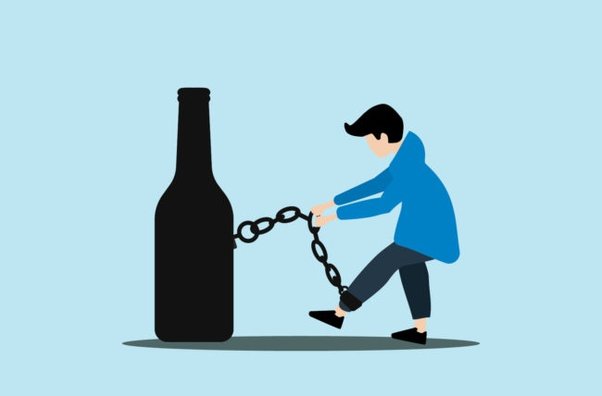Riding the Waves of Desire
Cravings are powerful urges or desires that individuals experience during addiction recovery. They often arise when someone is trying to abstain from a substance or behavior, they were previously dependent on, such as drugs, alcohol, nicotine, or even certain behaviors like gambling or overeating. These cravings can be intense and challenging to manage, making them a significant hurdle in the journey towards recovery. Now, you may be thinking, how do mindfulness and cravings go together to make the journey to recovery a success? Understanding why cravings happen and learning how to cope with them in a mindful way is crucial for maintaining sobriety and achieving long-term success in recovery.
Why Cravings Happen
Cravings are a result of the complex interplay between psychological, neurological, and physiological factors. The brain undergoes changes during addiction, rewiring its reward pathways to associate the substance or behavior with pleasure and positive feelings. When a person enters recovery, these pathways start to adjust, but the brain may continue to send signals for the familiar pleasurable experience, leading to cravings. Stress, triggers in the environment (people, places, things associated with the addiction), and emotional states can also stimulate cravings.
Coping with Cravings in a Mindful Way
Mindfulness is a valuable approach to managing cravings during addiction recovery. It involves being fully present in the moment without judgment and observing one’s thoughts, emotions, and sensations without reacting to them impulsively. Here are some strategies for coping with cravings mindfully:
Acknowledge and Accept:
Recognize that cravings are a natural part of recovery. Instead of fighting or suppressing them, accept their presence without judgment. Acknowledging that cravings will come and go allows you to approach them with greater equanimity.
Observe Sensations:
When a craving arises, focus on the physical sensations you’re experiencing. Notice where you feel tension, restlessness, or discomfort in your body. Observing these sensations with curiosity can help detach you from the craving’s emotional grip.
Breathe:
Deep, mindful breathing can be a powerful tool. Take slow, deliberate breaths, focusing on the sensation of the breath entering and leaving your body. This can help ground you in the present moment and reduce the intensity of the craving.
Practice Urge Surfing:
Imagine a craving as a wave. It starts small, builds in intensity, and then eventually subsides. Just as a wave crests and falls, cravings follow a similar pattern. Rather than fighting the wave, ride it out with mindfulness, knowing it will eventually pass.
Engage in Distraction:
Shift your focus to an engaging, healthy activity. This could be something you enjoy, like listening to music, going for a walk, reading, or practicing a hobby. Engaging in a positive activity can divert your attention from the craving.
Use Mindful Self-Compassion:
Instead of being hard on yourself for experiencing cravings, practice self-compassion. Treat yourself with the same kindness and understanding you would offer to a friend going through a challenging time.
Ground Yourself:
Use grounding techniques to stay connected to the present moment. You can do this by describing your surroundings in detail or focusing on the sensation of your feet touching the ground.
Mindful Meditation:
Regular mindfulness meditation can help train your mind to be more present and less reactive. By practicing mindfulness daily, you develop a greater capacity to handle cravings with equanimity.
Remember that recovery is a process, and setbacks can occur. If you do experience a relapse, it’s important not to view it as a failure, but rather as a learning opportunity to refine your coping strategies and continue the path to recovery. Seeking support from addiction counselors, support groups, friends, and family can also be immensely helpful in managing cravings and maintaining sobriety. At Centered Recovery Programs, we recognize the importance of mindfulness when handling cravings, as well as other aspects of recovery. Call us today at 800.556.2966 for more information on how we can help you!
Written by Jennifer Lopes, BS Psy






